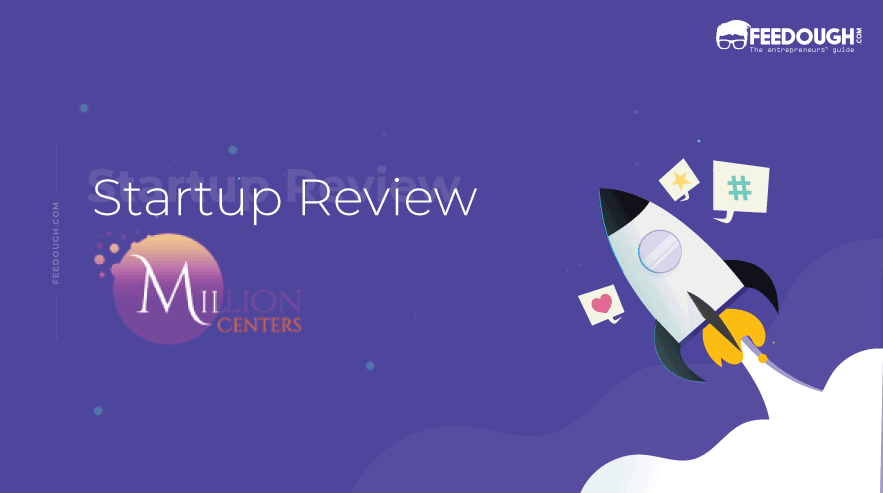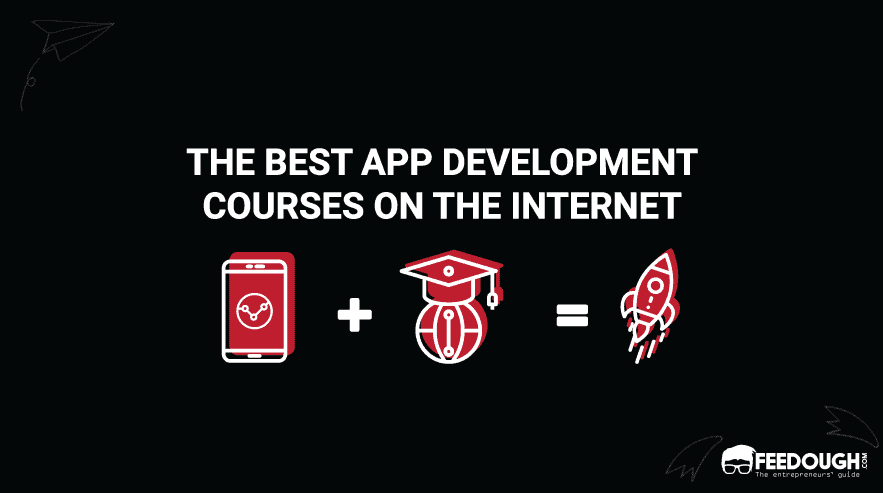Having trouble learning a new language? You’re not alone. Many young, ambitious people are working hard flipping the pages of textbooks, hoping to become fluent in French or Spanish. But what if the key to mastering a new language was just a click away? Meet Language Atlas, a startup that’s changing language learning for the better.
Imagine a world where language lessons evolve with you, where flashcards aren’t static but dynamic—changing as you learn. That’s the reality Language Atlas has crafted. With a freemium model, learners start for free and can choose to dive deeper into linguistic waters with a premium upgrade. This isn’t just another language app; it’s a personalized journey towards fluency.
Founder Sam Denishin saw an opportunity amidst the lockdown solitude. After his own French learning adventure in Paris was cut short, he channelled his passion into creating a platform that wouldn’t just serve language enthusiasts but grow with them. With no external funding, this bootstrapped venture now boasts an impressive profit margin and a growing user base without spending a dime on ads.
Stay with us as we conduct an interview to learn how Language Atlas is charting a new course in language education.
What is Language Atlas?
Language Atlas is a gateway for English speakers to immerse themselves in the nuances of French and Spanish with ease and efficiency. It’s a platform where artificial intelligence meets language learning, offering tools designed to evolve with the learner. Starting with complimentary access to beginner levels, users can opt for a deeper linguistic dive with a premium upgrade.
The service is tailored for the young, language-curious individual eager to break through the communication barriers in a globalized world. Language Atlas tackles language acquisition head-on by providing adaptive courses and flashcards that respond to a user’s progress, ensuring a more personalized and effective learning experience.
What sets Language Atlas apart is its adaptive flashcard system. Unlike traditional methods, these flashcards are not static. They come alive with images, audio, and IPA notations, adjusting to your learning curve and allowing you to craft your study aids. This innovation in language education means that every learner’s journey is unique and shaped by their own pace and performance.
Language Atlas stands out as a self-sustaining, bootstrapped initiative that thrives on its ability to connect with learners without the need for flashy advertising. With a staggering profit margin and a commitment to growth through user success, this platform is not just about learning languages; it’s about redefining the path to fluency.
Language Atlas Founder
Sam Denishin’s journey to founding Language Atlas wasn’t paved with the usual entrepreneurial milestones. Instead, it was born from a personal quest for language mastery, cut short by global events. As a student in Paris, Sam’s immersion in French culture and language was abruptly ended as the pandemic sent him back to the Netherlands.
But rather than letting his language skills languish, he channelled his passion into a platform that would offer others the chance to learn French and, later, Spanish in an innovative way.

With a background in business, Sam understood the value of a product that meets a specific need. He recognized the gap in language learning tools that adapt to the learner’s progress and set out to fill it. His business acumen and a genuine desire to share his love for languages became the foundation upon which Language Atlas was built.
The early days of Language Atlas were a testament to Sam’s resilience. Starting a company comes with a steep learning curve, and for Sam, it was no different. He faced the challenges head-on, teaching himself everything from web development to course creation. His resourcefulness was evident as he turned to the internet for answers, applying what he learned directly to his burgeoning startup.
The inception of Language Atlas was a direct response to Sam’s disrupted plans. The lockdown might have halted his Parisian dream, but it ignited a new one: to create a tool that would help others avoid the same fate. Language Atlas was his way of ensuring that language learners could continue their education, regardless of external circumstances. It was this personal touch, the founder’s own journey and challenges, that shaped the ethos of Language Atlas and set it apart from the competition.
Interview with Sam Denishin, Founder of Language Atlas
An opportunity to peek behind the curtain of a flourishing startup presented itself recently when I sat down with Sam Denishin, the mastermind behind Language Atlas. The conversation that ensued offered a glimpse into the inner workings of a platform carving a niche in the language learning sphere. Here’s the essence of our dialogue, distilled into a Q&A format for your perusal.
Q: Could you introduce yourself and your role at Language Atlas?
A: I am Sam Denishin, the founder of Language Atlas, a freemium platform where people can learn languages using AI.
Q: What does Language Atlas offer to its users?
A: Users can sign up for free and get access to beginner levels of French and Spanish. After opting for a premium upgrade, all levels become available. We offer lessons, quizzes, and adaptive flashcards with images, audio, and IPA notations. You can also create your own flashcards.
Q: Who does Language Atlas primarily serve?
A: Our target audience is the young person from an English-speaking country who wishes to learn a new language.
Q: What primary problem does Language Atlas aim to solve?
A: We focus on solving the challenge of effectively learning a new language by creating courses and flashcards that adapt to your performance.
Q: Tell us about the founding team of Language Atlas.
A: The founding team consists of myself, Sam. My background is in business, specifically in creating products and bringing them to market.
Q: What motivated you to start Language Atlas?
A: The lockdown during the coronavirus crisis cut short my studies in Paris, where I was deeply involved in learning French. I didn’t want my language-learning journey to end there, so I created Language Atlas to help others learn French, and now Spanish too.
Q: Could you share some insights into the early days of your startup?
A: The early days were challenging, from learning how to build a website to creating courses and finding customers. I tackled these by searching for solutions online and applying them to Language Atlas.
Q: How does Language Atlas stand out from its competitors?
A: We offer a unique flashcard-based course that adapts to the learner’s performance, which is not something our competitors provide.
Q: Has Language Atlas received any external funding?
A: No, we’ve been bootstrapped from the start.
Q: What are Language Atlas’s plans for the future?
A: We’re looking to expand by adding new languages to our platform, including Chinese, Arabic, and German.
Q: Can you share some statistics about Language Atlas’s performance?
A: Certainly. We make around £3,500 per month and serve 50-100 customers on average. We’ve seen a 20% year-over-year growth, and I’m proud to say we operate with a profit margin of over 90%, all without spending a penny on ads.
Q: Lastly, do you have any advice for aspiring entrepreneurs?
A: Just start. It’s as simple as that.
This enlightening conversation with Sam Denishin not only illuminates the intricacies of Language Atlas but also inspires anyone looking to embark on their entrepreneurial journey. With its innovative approach and dedication to user success, Language Atlas is certainly a name to watch in the language learning industry.
Feedough’s Take on Language Atlas
Language Atlas is a testament to the innovative spirit that propels the startup ecosystem forward. Its adaptive learning approach is a game-changer, catering to the individual needs of language learners. The platform’s bootstrapped success story underlines the power of a well-executed, user-centric model in today’s market, where personalization is key.
What’s truly impressive about Language Atlas is its potential for scalability and its disruption of traditional language education. As they plan to expand their offerings to include more languages, they’re poised to capture an even larger share of eager learners worldwide. The challenge will be maintaining a high level of user experience and personalization as they grow.
Expect Language Atlas to continue on its upward course as it taps into the vast market of language enthusiasts. Its blend of technology and education, without reliance on ads, points to a bright future where quality content and organic growth drive success. This startup embodies adaptability and growth, and it’s exciting to watch where their journey will lead.
A startup consultant, digital marketer, traveller, and philomath. Aashish has worked with over 20 startups and successfully helped them ideate, raise money, and succeed. When not working, he can be found hiking, camping, and stargazing.
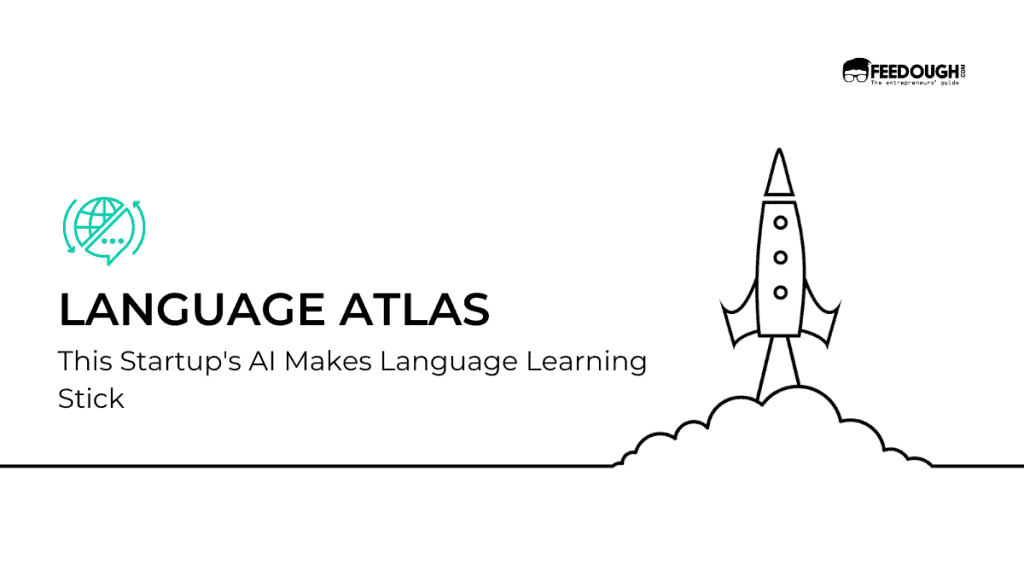
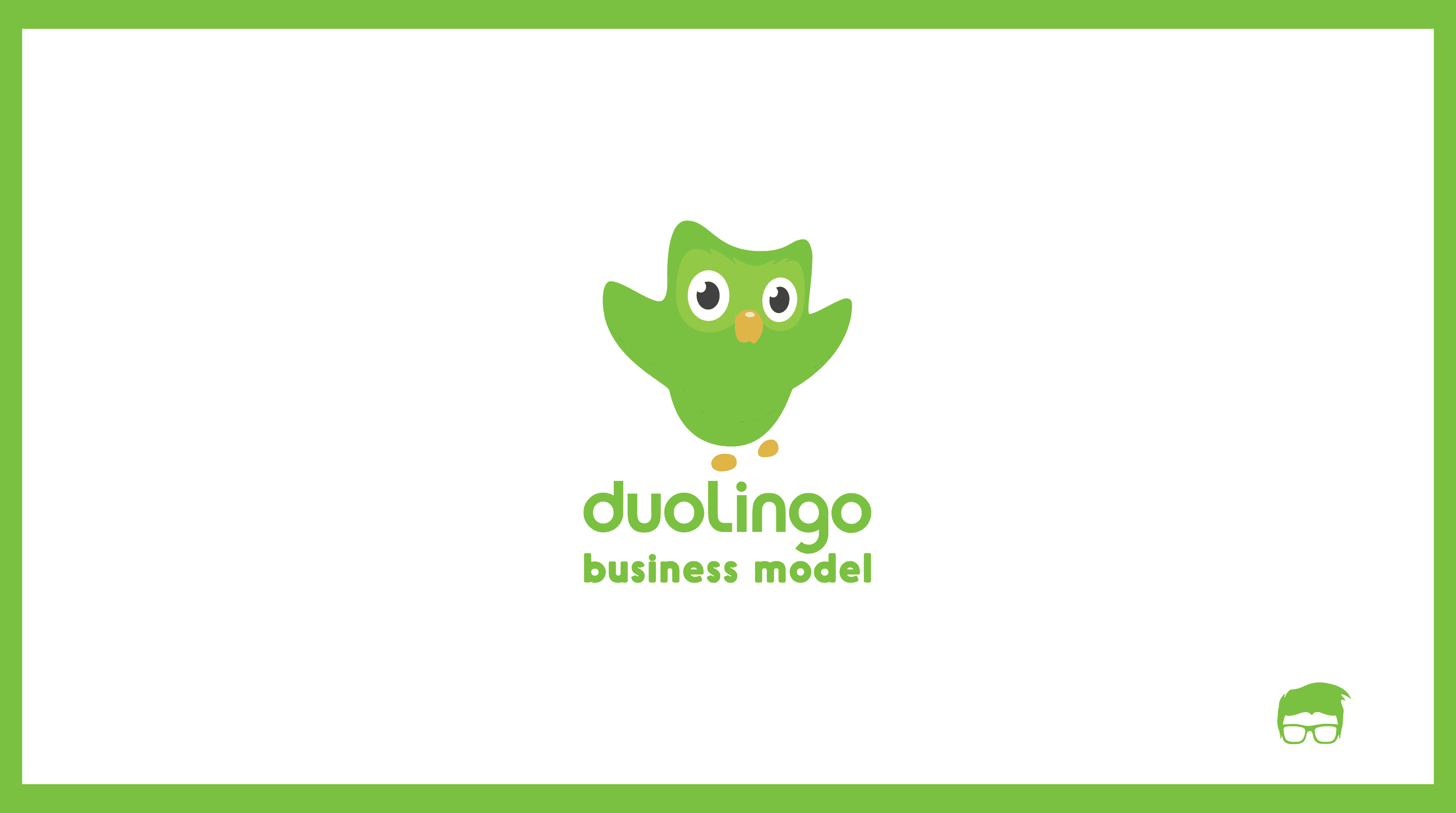
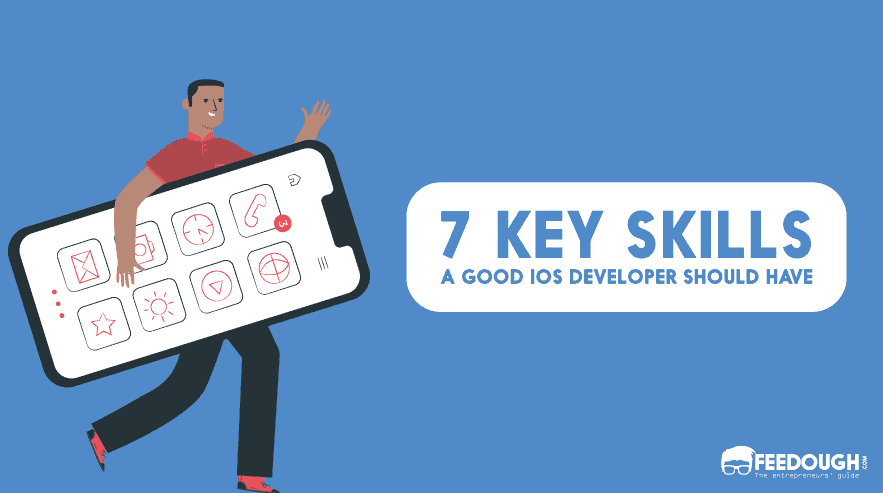
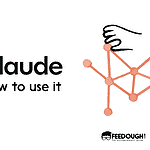
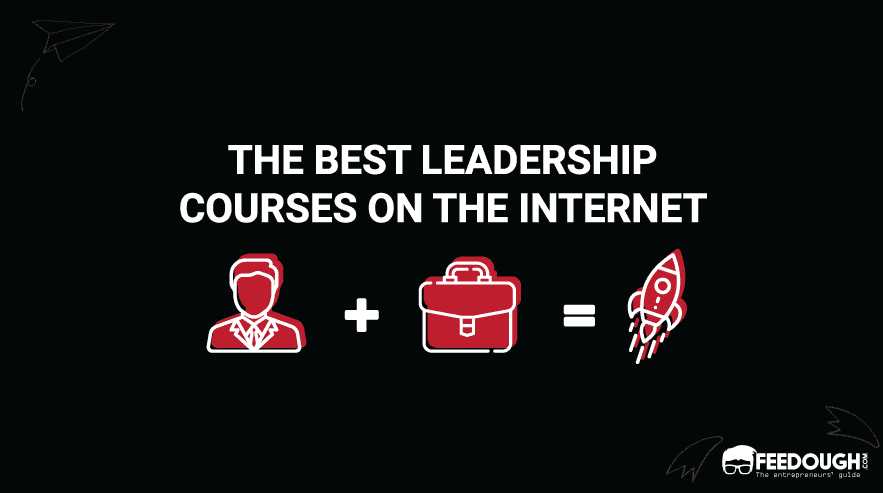
![How Does ChatGPT Work? [Complete Guide] how does chatgpt work](https://www.feedough.com/wp-content/uploads/2024/02/how-does-chatgpt-work-150x150.webp)
